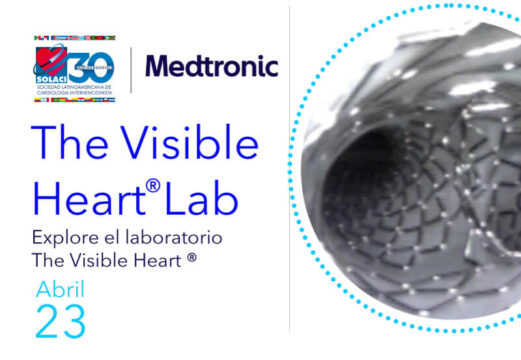The impact of diabetes on the development of cardiovascular disease is widely known, with a strong association with extensive and diffuse coronary artery disease. Decision-making regarding how to revascularize patients with multi-vessel disease is a complex process. In this context, coronary artery bypass grafting (CABG) has been recommended over percutaneous coronary intervention (PCI) based on the results of both randomized and observational studies. However, a significant limitation of these previous studies laid in the use of first-generation stents and a relatively short follow-up period.

The objective of this randomized, prospective study was to assess the effects of the revascularization strategy on the long-term clinical outcomes of diabetic patients during a 14-year follow-up within the framework of the BEST Study.
The primary endpoint (PEP) was defined as the rate of major adverse events, including death from any cause, myocardial infarction, or need for new revascularization of the treated vessel. The secondary endpoint (SEP) was a combination of death, myocardial infarction, or stroke.
The 880 total patients with multi-vessel disease (23% with 2-vessel disease and 77% with 3-vessel disease) were randomized to percutaneous coronary intervention with Everolimus-eluting stents (N=438) or coronary artery bypass grafting (N=442). Among them, 41.3% had diabetes: 186 were randomized to CABG and 177 to PCI. Compared with non-diabetic subjects, more patients with diabetes had a history of hypertension, heart failure, and severely calcified coronary lesions.
Read also: OBSERVANT II: Post TAVR 30-Day and 6-Month Stroke Predictors.
As for the results, there were no significant differences in the PEP between diabetic and non-diabetic patients (37% and 29%, respectively; hazard ratio [HR]: 1.34; 95% confidence interval [CI]: 0.95-1.89; P = 0.101). However, the risk of all-cause mortality was significantly higher for patients in the diabetic patient group (27% and 16%; HR: 1.80; 95% CI: 1.13-2.88; P = 0.014). Regarding patients with diabetes, the PEP rate was significantly higher in the PCI group compared with the CABG group (43% and 32%; HR: 1.53; 95% CI: 1.12-2.08; P = 0.008). There were no differences in the SEP among diabetic patients.
Conclusion
In summary, according to this long-term follow-up analysis of the BEST Study, in diabetic patients with multi-vessel disease, CABG is associated with better clinical outcomes compared with PCI. However, there were no significant differences in terms of mortality between PCI and CABG in long-term follow-up, regardless of diabetes status.

Dr. Andrés Rodríguez.
Member of the Editorial Board of SOLACI.org.
Original Title: Everolimus-Eluting Stents or Bypass Surgery for Multivessel Disease in Diabetics The BEST Extended Follow-Up Study.
Reference: Hoyun Kim, MD et al J Am Coll Cardiol Intv 2023;16:2412–2422.
Subscribe to our weekly newsletter
Get the latest scientific articles on interventional cardiology





